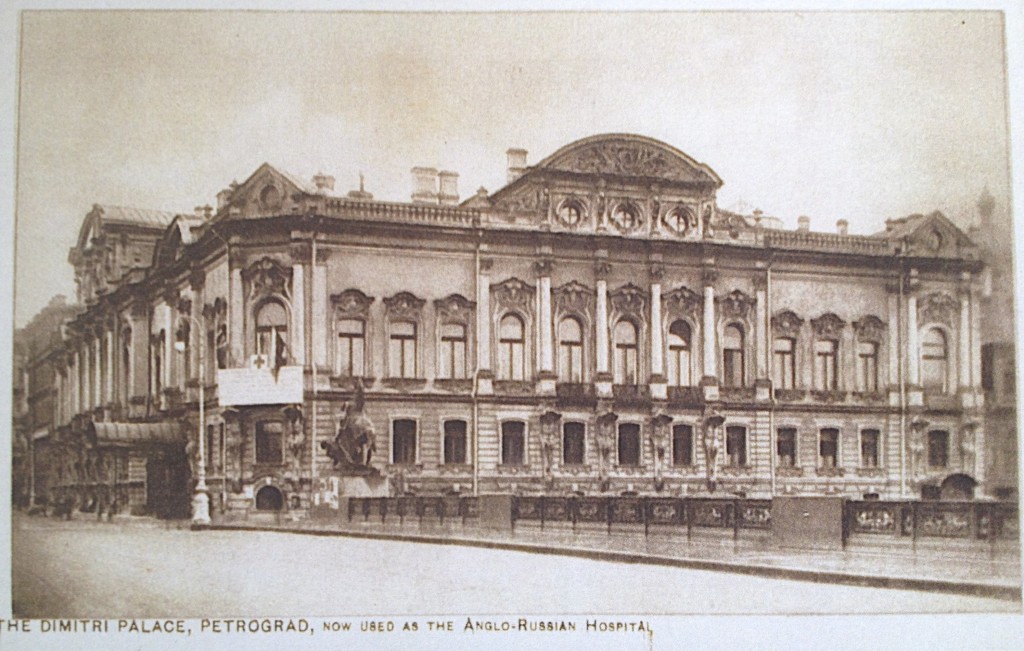In January 1916, two resolute British ladies, Muriel Paget and Sybil Grey, opened an Anglo-Russian Hospital at the Dmitri Palace in St Petersburg and followed this up with field hospitals and food kitchens in Ukraine, where British nurses treated severely wounded Russian casualties from the front line. Muriel remained there after the Russian revolution, but when the security situation worsened in 1918, she had to evacuate her medics to Vladivostok on the Trans-Siberian Railway. This tale and other stories of British support to the White Russians fighting in Ukraine are included in Churchill’s Abandoned Prisoners, a reminder of one of Britain’s military forays into the Russian Empire.
Leaping forward to March 2001, my team attended a Ukrainian seminar at Chatham House and was invited to Kiev to explain how Britain conducted its Peace Support Operations. The success of this visit led to their first UN peacekeeping operation, which has expanded to six deployments in Cyprus, DRC, Kosovo, Mali, Sudan and South Sudan. One of the key findings in our early meetings was that the Ukrainians preferred to work through the Organisation For Security and Co-operation in Europe, which comprises 57 participating states and now runs the Special Monitoring Mission to Ukraine. Their daily report, which can be found here https://www.osce.org/ukraine-smm/reports makes for sombre reading.
Later on, I worked alongside three Ukrainian special forces officers in Baghdad, who helped me to understand the historic tensions between Kiev and Moscow that have created the current security crisis between Russia and Ukraine. The fiery political rhetoric is all very well, but deterrence has to be based on military equivalence to be credible because economic sanctions alone have proved ineffective in the past. As ever, the answers lie in the lessons of history.







